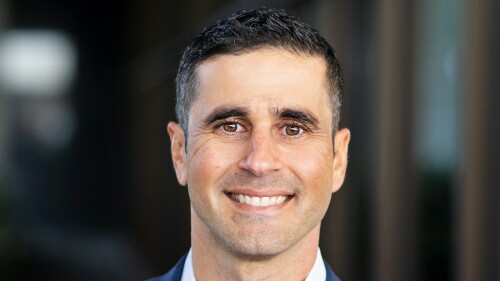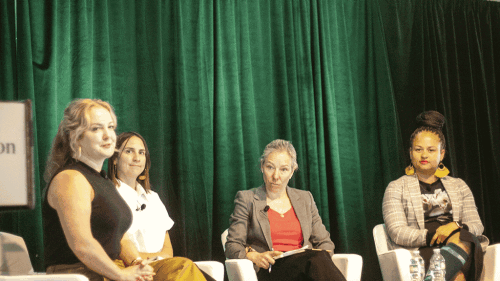The ULI Asia Pacific Leadership Convivium, held in Shenzhen in March, heard from a panel of real estate professionals in their 20s and 30s, explaining how the demands of the next generation of consumers and owners are changing real estate.
The definition of millennial is somewhat fluid but originates in a study of U.S. children born in 1982, who would graduate high school in 2000. It is now generally accepted to describe the generation born between 1980 and 2000, which is crucially the first generation to grow up with the internet at home and mobile telephones.
The demands of Chinese millennials are influential in part because there are more of them than in any other nation and because they have grown up in a time of unprecedented prosperity and growth for China. It could be argued that modern China, notwithstanding its long history, is the millennial nation. The reforms started by Deng Xiaoping in 1979 catapulted the Chinese economy into the 20th century and by 2000, gross domestic product (GDP) exceeded RMB10 trillion for the first time. Today, China’s 20- and 30-somethings are more entrepreneurial and tech-savvy than their peers in other nations.
Millennials are “tech-focused, fast-paced, and looking for experiences,” said Teri Tsang, director at architect Benoy. They seek adaptable, multifunctional real estate that maintains a connection with nature, since they have a keen interest in sustainability and the environment.
Zoe Zuo, managing director, Angelo Gordon Asia, said: “As people’s lifestyle changes, real estate has to change in order to meet their expectations; however, it is better to lead than just to adapt.”
Tsang outlined some of the projects Benoy has worked on in China and elsewhere in Asia, which have been designed to at least partially match millennial tastes, some with multifunction spaces and others with significant green space. Benoy designed the Alibaba headquarters in Nanjing, which will have “robot-friendly” space to allow robot deliveries around the development.
China’s millennial generation is the country’s most entrepreneurial, with around one-third of graduates said to be seeking to either start their own business or work in a startup. Zuo said: “One of my high school friends actually created a tech ‘unicorn’ company,” meaning the company was valued at more than US$1 billion. Said Zuo, “When you know people who have done this, it makes such ambitions seem much more achievable.”
Millennials have a mixed relationship with social media, said Tsang; loving it, hating it, and acknowledging they spend too much time on it. However, social media has real-world effects on business.
An anecdote from Marlon Wong, chairman of Sin-Pros Real Estate, illustrated how millennials’ use of social media can drive real-world business. The city of Chongqing in western China went “viral” on social media in 2018, with an unprecedented amount of chatter and online recommendations. As a result, it saw a dramatic increase in visitor numbers. This led to the number of Airbnb properties rising sixfold over the year while rents tripled. “This presents a real challenge for real estate businesses to match demand if it fluctuates like this,” he said.
Generations do not remain static, and millennials are now approaching middle age; all the panel participants said they had children. Indeed, thanks to the relaxing of China’s one-child policy, the millennial generation will be able to have larger families than the previous generation. This demographic change is certain to have a profound effect on real estate. It is also the case that millennial attitudes move up a generation, with older generations sharing the mobile and shopping (and mobile shopping) habits of younger citizens.
The new Convivium format involves plenty of audience discussion and involvement, with groups of delegates discussing different issues and reporting back to the conference. The audience attitude to millennials and their influence seemed to be rather skewed between those of millennial age and those 40 and older.
However, the importance of providing the right amenities for a fickle audience was recognized as a priority for employers and therefore landlords. Recruiting and retaining talent is a major challenge for Chinese businesses; one delegate mentioned that a Chinese graduate would typically have had seven jobs by the time he or she turned 30.





